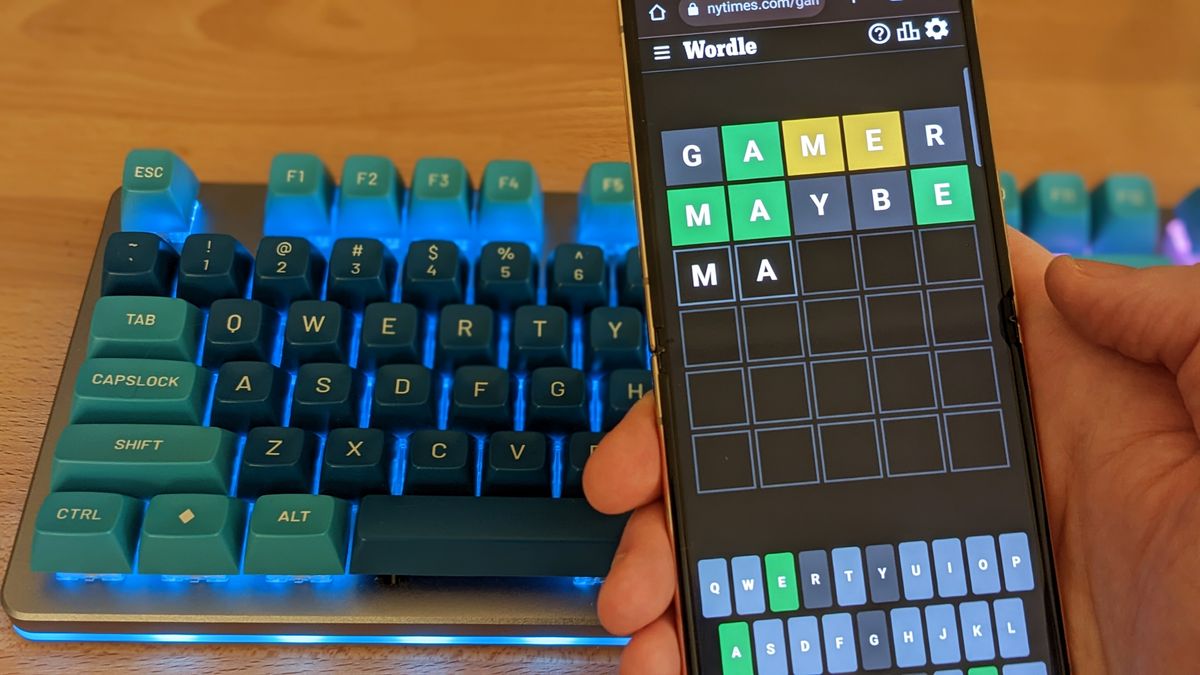Police arrested 26-year-old Luigi Mangione at a McDonald’s in Pennsylvania on Monday and later charged him with the murder of UnitedHealthcare CEO Brian Thompson. Information about him started circulating immediately as the world clamored to learn more about the divisive figure — in the wake of the shooting, the masked man was both celebrated and maligned, a reflection of the reactions to America’s often cruel and broken private healthcare system. One particular area that the media has latched onto is Mangione’s online presence and gaming history. Mangione did, after all, work on popular strategy game Civilization 6 as an intern at Firaxis Games, where he quashed more than 300 bugs, according to his LinkedIn page. (A Firaxis Games representative confirmed to Polygon that Mangione was a former intern.)
Elsewhere online, Mangione’s gaming history can be traced back to high school and college. In high school, he and a few others created a game called Pivot Plane under a studio called AppRoar; the game was sold on the iOS app store. At the University of Pennsylvania, Mangione helped form a game development club for students called University of Pennsylvania Game Research and Development Environment, or UPGRADE. Mangione was the project leader for a game named College Simulator, which is described on the UPGRADE blog as “a brutally difficult tongue-in-cheek management roguelike capturing this attempt to find balance in college.”
Late Monday night, NBC news published a report that linked Mangione to the social deduction game Among Us, categorizing the activity as “play[ing] assassins.” “‘Suspect in UnitedHealthcare CEO slaying played video game killer, friend recalls,’ reads the headline. The story doesn’t explicitly blame video games like Among Us for Mangione’s behavior, but the connection implies there’s some sort of relevance to the CEO shooting.
In reality, Mangione’s video game history is actually very unremarkable. In November 2020 alone, almost half a billion people played Among Us. The game does indeed assign one person the marker of imposter, tasking them with quietly taking out the other players and trying to blend in with the rest of the group.
“We have been studying the uses and effects of games, with a strong focus on violent games, for decades,” research psychologist Dr. Rachel Kowert told Polygon. “There are no links between violent video games and violent behavior. In fact, when you take into account demographic factors (such as age, previous exposure to violence, frustration tolerance) media effects fail to show any demonstrable impact on behavior at all.”
Among Us developer Innersloth has declined to comment. On Dec. 10, however, the official X account simply posted “um.”
The rest of Mangione’s gaming history, as seen on a Steam profile purported to be his, is also quite ordinary: The account lists hundreds of hours played in games like PUBG: Battlegrounds, Terraria, Rocket League, Civilization 6, Stardew Valley, and others. The account also lists eight hours played of Mr.President!, a game where the objective is to stop assassination attempts on presidents. On an Xbox account tied to Mangione by Wired, it’s the same: a variety of popular games. Mangione also posted frequently on Reddit, specifically the Pokémon Go subreddit, where the New York Times says he posted “enthusiastically” about the mobile game. He has a third generation Pokémon, Breloom, displayed on his X profile banner, side-by-side with an X-ray and a photo of himself.
We looked closer at the games made by Mangione, too, like Pivot Plane. In a review published in 2015, Kevin Steinike said he was approached by three high school students to review Pivot Plane, which he described as “sideways Flappy Bird, but easier, and with an airplane and not a bird.” It’s basic, but fun, he said. The game is no longer available online, but a screenshot on social media shows its simplicity: A paper airplane appears to be gliding downward through a bevy of platforms, with the score of 69 on the screen.
College Simulator, the aforementioned “tongue-in-cheek management roguelike” has a description on the UPGRADE website:
Players will constantly have to make decisions such as, “Should I stay up late tonight hanging out with my friends?” Even such a small decision could have far-reaching consequences. Relaxing with friends might offer the player a much-needed break and strengthen their friendships, leading to future social opportunities. At the same time, however, the decision might leave them tired the next day, causing them to fall behind in class or increasing their likelihood of getting sick.
None of this points to whether Mangione was a violent person, explains his motives, or paints a picture of whether his alleged actions were right or wrong. Games and gaming are, indeed, a reflection of wider society and deserve to be scrutinized as such — including the medium’s use of violence. But it must be considered in a more thorough, thoughtful way that contextualizes reality. Better clues about Mangione’s alleged involvement may be found in his chronic back pain that led to spinal surgery, reported by CNN, or a reported manifesto that expresses “ill will towards corporate America,” which has not been published in full by police or press.
“Humans are inherently lazy thinkers,” Kowert said. “We want easy solutions to complex problems and scapegoating media has been a common means to that end. We’ve seen it with radio, television, movies, and video games.”
Update: We’ve updated this story to add details about Mangione’s interest in Pokémon.

 1 week ago
4
1 week ago
4








 English (US) ·
English (US) ·